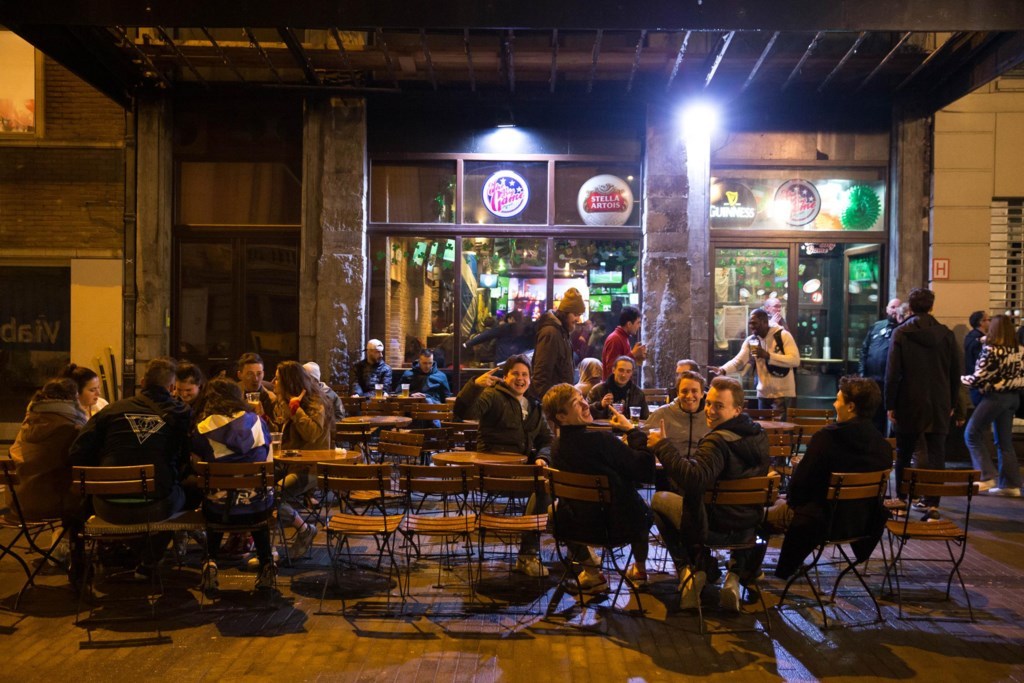The Flemish municipalities surrounding Brussels will officially have different requirements for using the Covid Safe Ticket (CST) to the Capital Region, leaving some areas a stone's throw from requiring the pass or not.
Despite early indications that Flanders was looking to expand the CST for specific sectors and situations deemed "useful and necessary," the final decision will limit its use in the region to major events and nightclubs, contrary to the wider use planned in Brussels.
"The vaccination rate is high in Flanders. It is also rising in the outskirts of Brussels," Flemish Minister for Home Affairs Bart Somers tweeted on Friday. "The Flemish Government therefore decided today not to introduce the CST in some Flemish cities and municipalities. No pass society needed."
With the CST, people can prove that they are fully vaccinated, have recently tested negative or recovered from an infection in the past six months.
While the rules are relatively clear in the Flemish region, this divide leaves the areas beyond the Brussels outer ring with different rules to the areas inside, effectively meaning that crossing the road could be the difference between having to show the CST when getting a drink or not.
This will be the case in areas such as Vilvoorde, Waterloo and Dilbeek, which directly border the Capital Region and had previously even asked the government to be allowed to use the CST if the scheme was implemented in Brussels. Officials of these adjacent towns hoped that this would prevent those who are unvaccinated and untested from crossing the border for a drink, potentially bringing the virus with them.
While currently delayed until 15 October at the latest, Brussels will require people to show a valid CST to gain access to bars, nightclubs, events and residential care centres. It will also be necessary for sports halls and fitness centres.
The Walloon Government also decided to expand the use of the CST from mid-October, in the same way as Brussels.
During a meeting on Friday afternoon, the Flemish government also decided to not make the CST mandatory for healthcare institutions, but they do have the choice to introduce it voluntarily.
This means that residential care centres, hospitals and facilities for people with a disability can decide for themselves whether they require from their visitors. If they do, they will receive guidance from the government.
Update: This story was updated following the announcement that the CST will not become mandatory in Flemish healthcare institutions.
Jules Johnston & Maïthé Chini
The Brussels Times

